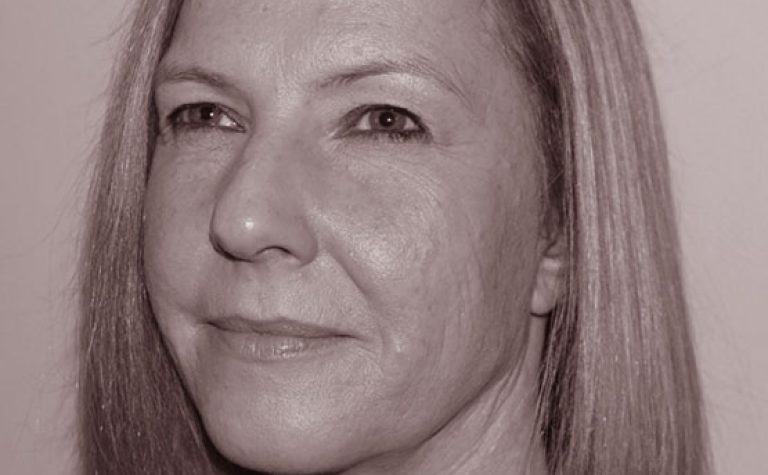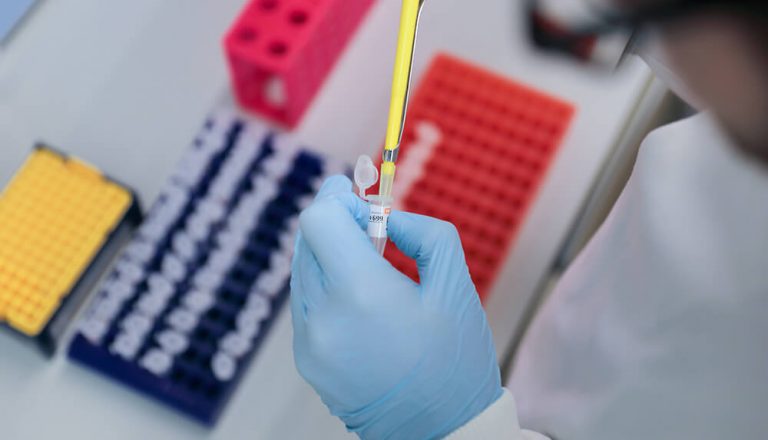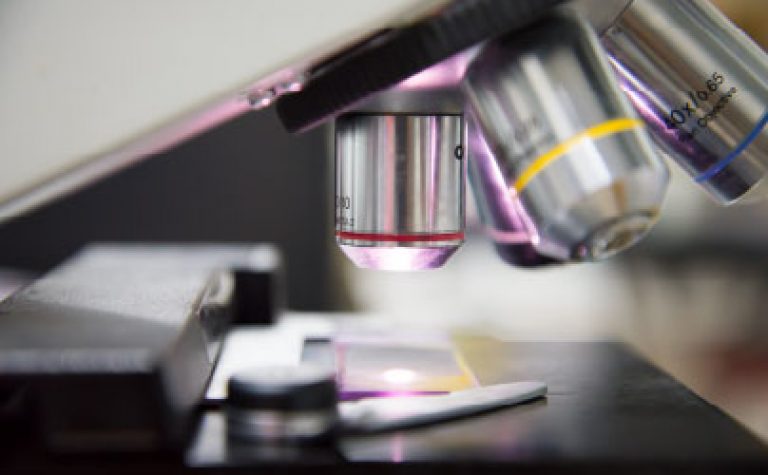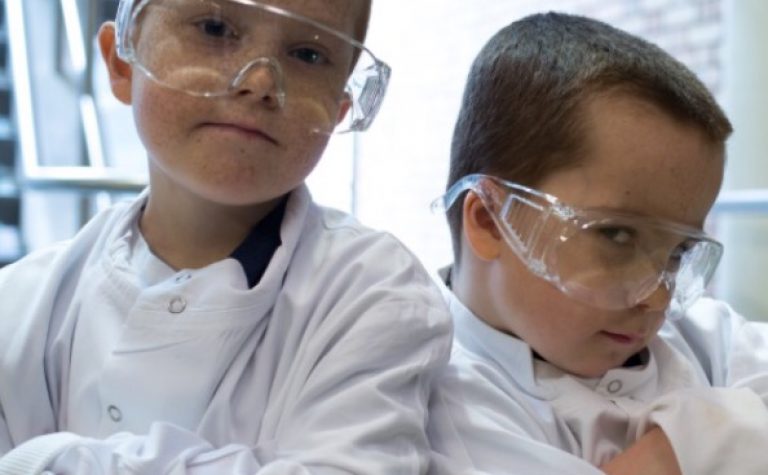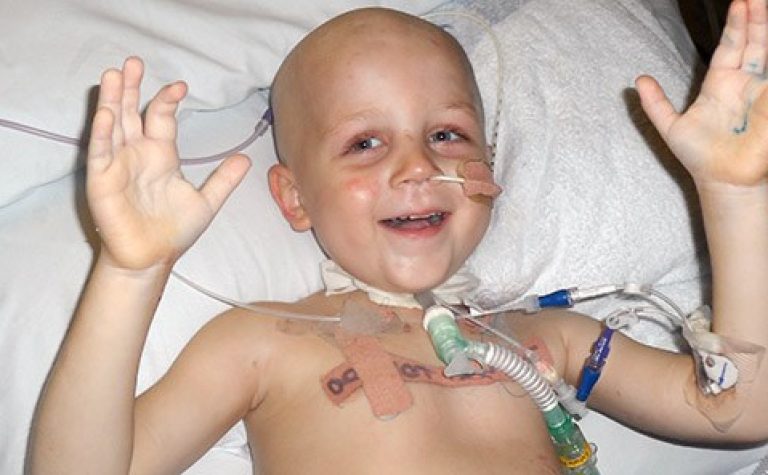Brain tumours are the second most common tumour in children (around 20% of all childhood cancers), and gliomas are the most common type. Gliomas appear in different ‘grades’ – low-grade, in which the tumour cells appear to divide more slowly, and high-grade, where the cells seem to divide more quickly when viewed under the microscope – making them more aggressive.
In adult high-grade glioma (aHGG), a drug called Temozolomide (TMZ) is the only one currently known to be effective, but attempts to use this to improve the outcome in the childhood version (paediatric high grade glioma (pHGG) have been unsuccessful, and it is currently incurable, so we urgently need new ways to treat it.
Associate Professor Beth Coyle (pictured below) and her team are developing and studying a new type of TMZ which can be delivered directly to the tumour tissue in children, with the aim of creating a more effective new chemotherapy treatment.
Their research in test tubes appears promising, and this collaborative project between the Universities of Bristol, Nottingham and Lincoln aims to develop a treatment which is highly toxic to the tumour, whilst not being toxic to the surrounding brain tissue.
